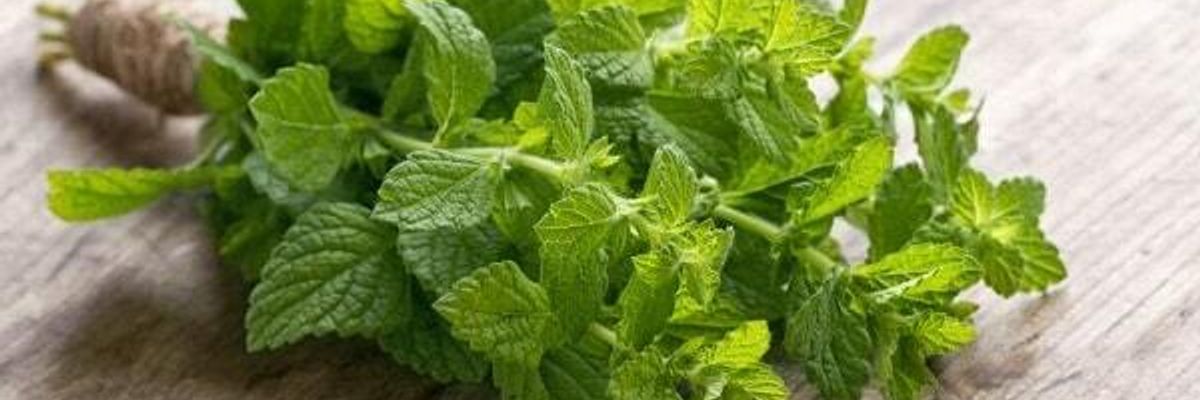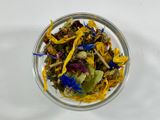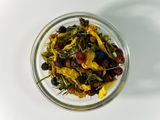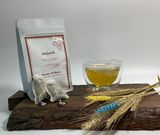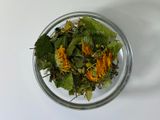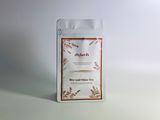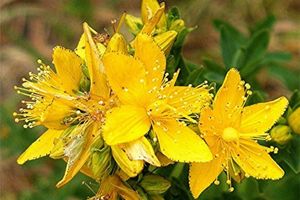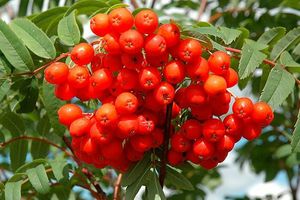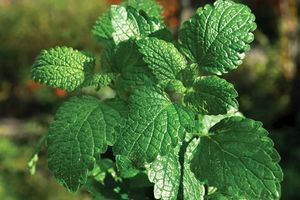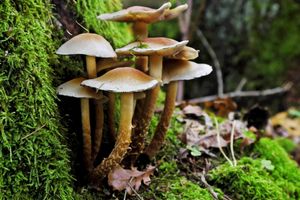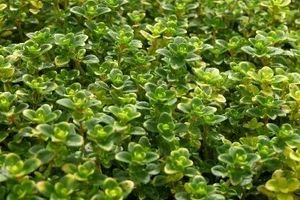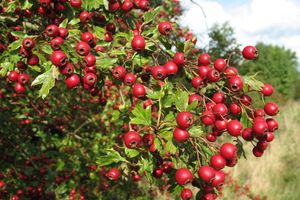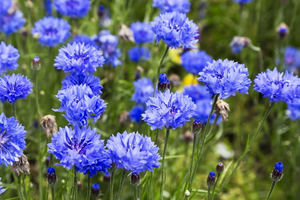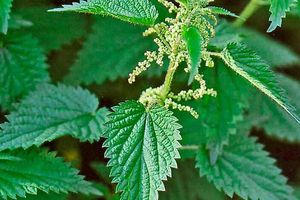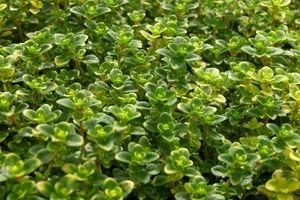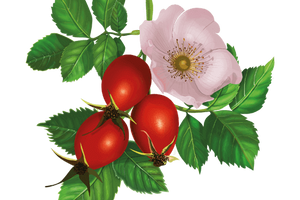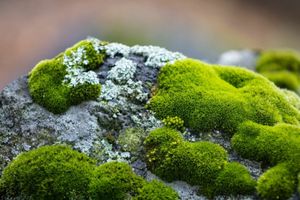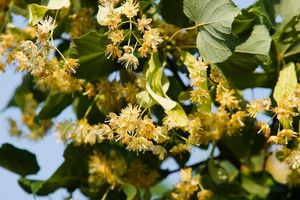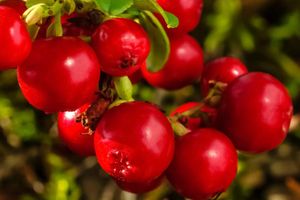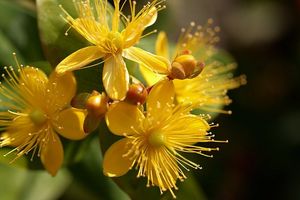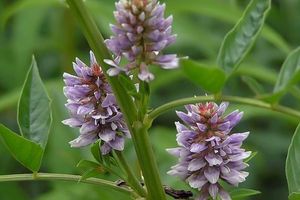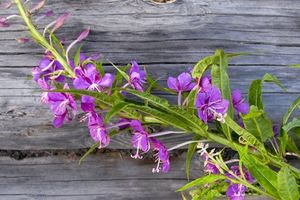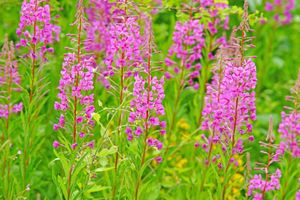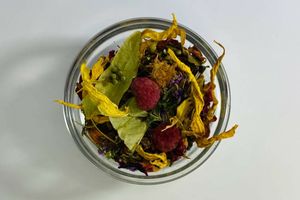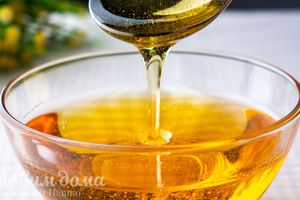Melissa, also known as lemon balm or Melissa officinalis, is a herbaceous plant renowned for its calming properties and refreshing lemon scent. Belonging to the mint family, this herb has been cherished for centuries for its medicinal and culinary uses. Let's delve deeper into the world of Melissa and explore its many benefits.
Historical Significance
Melissa has a rich history dating back to ancient times. It was revered by the ancient Greeks and Romans for its therapeutic qualities and was often used to promote relaxation and improve mood. In medieval Europe, Melissa was cultivated in monastery gardens as a symbol of tranquility and was utilized in various herbal remedies.
Medicinal Properties
One of the most notable aspects of Melissa is its calming effect on the body and mind. It is often used to alleviate stress, anxiety, and insomnia, thanks to its mild sedative properties. Additionally, Melissa is known for its anti-inflammatory and antiviral properties, making it beneficial for treating cold sores and other viral infections. It is also believed to support digestive health and relieve gastrointestinal discomfort.
Culinary Uses
In addition to its medicinal benefits, Melissa is prized in culinary arts for its pleasant lemony flavor. Its fresh leaves can be used to add a subtle citrusy taste to salads, soups, sauces, and teas. Melissa-infused beverages are particularly popular during the summer months for their refreshing and uplifting qualities.
Aromatherapy and Cosmetics
The aromatic essence of Melissa makes it a valuable ingredient in aromatherapy and cosmetic products. Its invigorating scent is often used in essential oils, perfumes, and skincare formulations to promote relaxation and rejuvenation. Melissa essential oil is also favored for its antimicrobial properties, making it a common ingredient in natural skincare products.
Growing and Harvesting
Melissa is a hardy perennial herb that thrives in well-drained soil and partial shade. It can be easily grown in home gardens or pots, providing a fresh and readily available supply of leaves for culinary and medicinal purposes. The leaves are typically harvested in the morning when their essential oil content is highest, then dried for later use or used fresh.
Precautions and Considerations
While Melissa is generally safe for most people, individuals with thyroid disorders should exercise caution, as it may interfere with thyroid function. Additionally, pregnant and breastfeeding women should consult with a healthcare professional before using Melissa supplements or extracts.
Conclusion
Melissa, with its delicate leaves and uplifting fragrance, continues to be cherished for its numerous health benefits and culinary uses. Whether enjoyed as a soothing herbal tea, a flavorful culinary herb, or an aromatic essential oil, Melissa remains a beloved herb that offers a gentle touch of nature's healing and calming properties.




